The latest research on prescription gluten-free bakery goods has revealed more than £100m is being spent on unneccessary delivery and admin charges.
Statistics reported on BBC’s Newsnight last Thursday (24 May) highlighted £27m was spent by the NHS on gluten-free prescriptions in 2011, excluding handling and delivery charges, which can quadruple the total cost.
The programme revealed two pizza bases costing £8.95 through the NHS would incur further handling, courier and manufacturing charges, taking the total cost of the prescription to £35.
Broken down, the figure included admin charges of £10, handling and delivery costs of almost £13 and £1.77 covering pharmacy costs, leaving the NHS with a bill of £33.29 – four times more than the original price of the product.
Jeremy Woods, managing director of gluten-free bakery business Mrs Crimble’s, appeared as a guest on BBC’s Newsnight. He told British Baker: “Coeliac disease is a serious condition and it’s essential that sufferers get the products they need. This research could lead to further cutbacks and less choice for coeliacs who already have to cope with a restricted diet.
“In an attempt to save money, the government has already instructed local Primary Care Trusts to reduce the types of products available on prescription but it hasn’t addressed the cost of sending gluten-free foods out to pharmacists. It’s absolutely right that the government helps those who suffer from coeliac disease – but I believe there is a simpler and more cost-effective solution to tackling this problem.”
British Baker reported on the issue of gluten-free prescription charges back in August 2011, highlighting issues around wholesalers charging pharmacies anywhere between £20 and £60 for each prescription. They said it was because gluten-free products qualify as ’special’ products under NHS sourcing rules and require extra administration and handling.
Gluten-free bread brand Genius said in a company statement: "Genius is frustrated that, despite its efforts to provide a cost-effective service to the NHS and offer affordable fresh gluten-free bread available on prescription, in some instances its products are subject to this additional charge, which is out of its control."
One in a hundred individuals have been diagnosed with coeliac disease in the UK, suffering an intolerance to gluten found in wheat, barley and rye.






















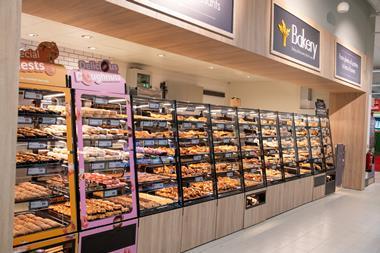

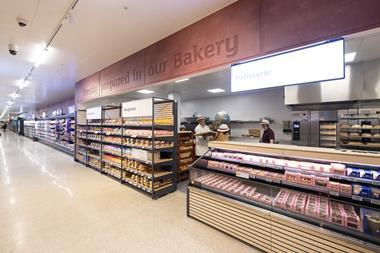
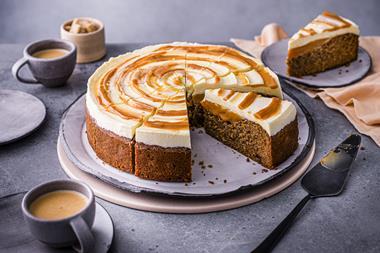

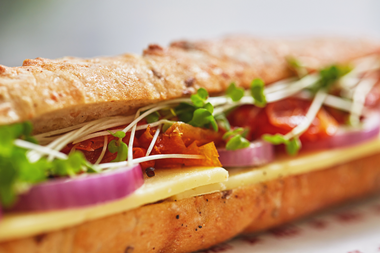
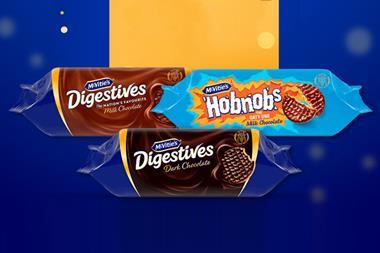
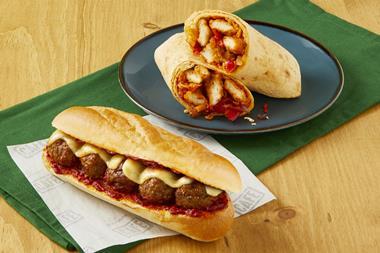
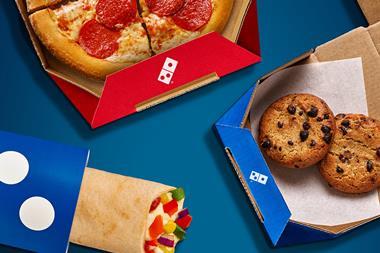
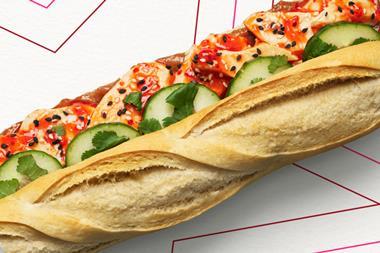
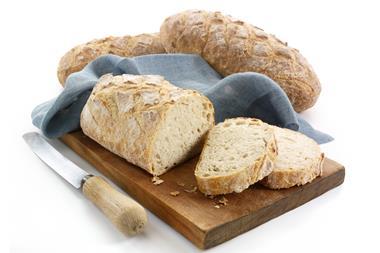
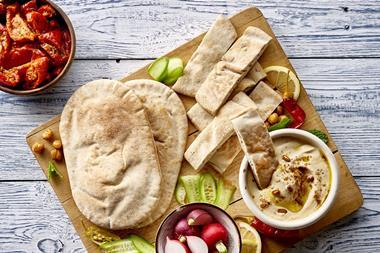

No comments yet